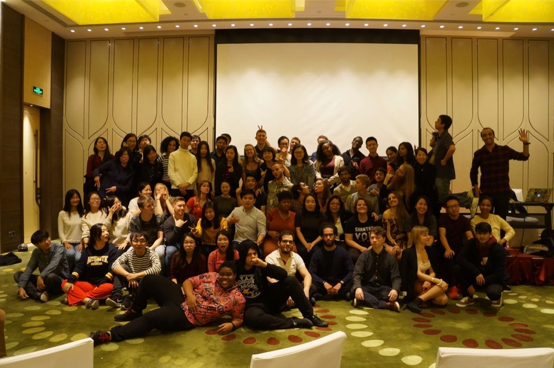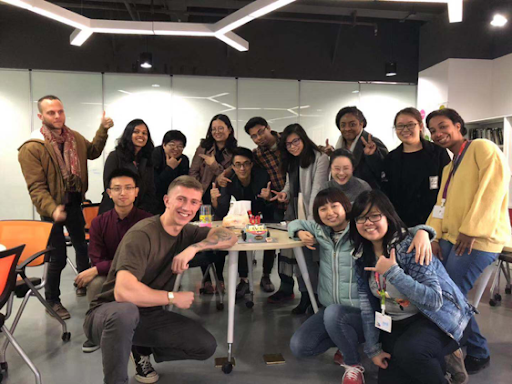Careers at Thoughtworks
More than just a tech company





Big thanks to Isa Tokunaga (TWU’63 trainee), Jane See (TWU’63 trainee), Timothy Foster (TWU’51 trainee, TWU’63 trainer) and Jessie Leung (TWU’41 trainee, TWU’63 trainer) for feedback on the article, and to Collins Jaise Abraham for editorial support.
Disclaimer: The statements and opinions expressed in this article are those of the author(s) and do not necessarily reflect the positions of Thoughtworks.
